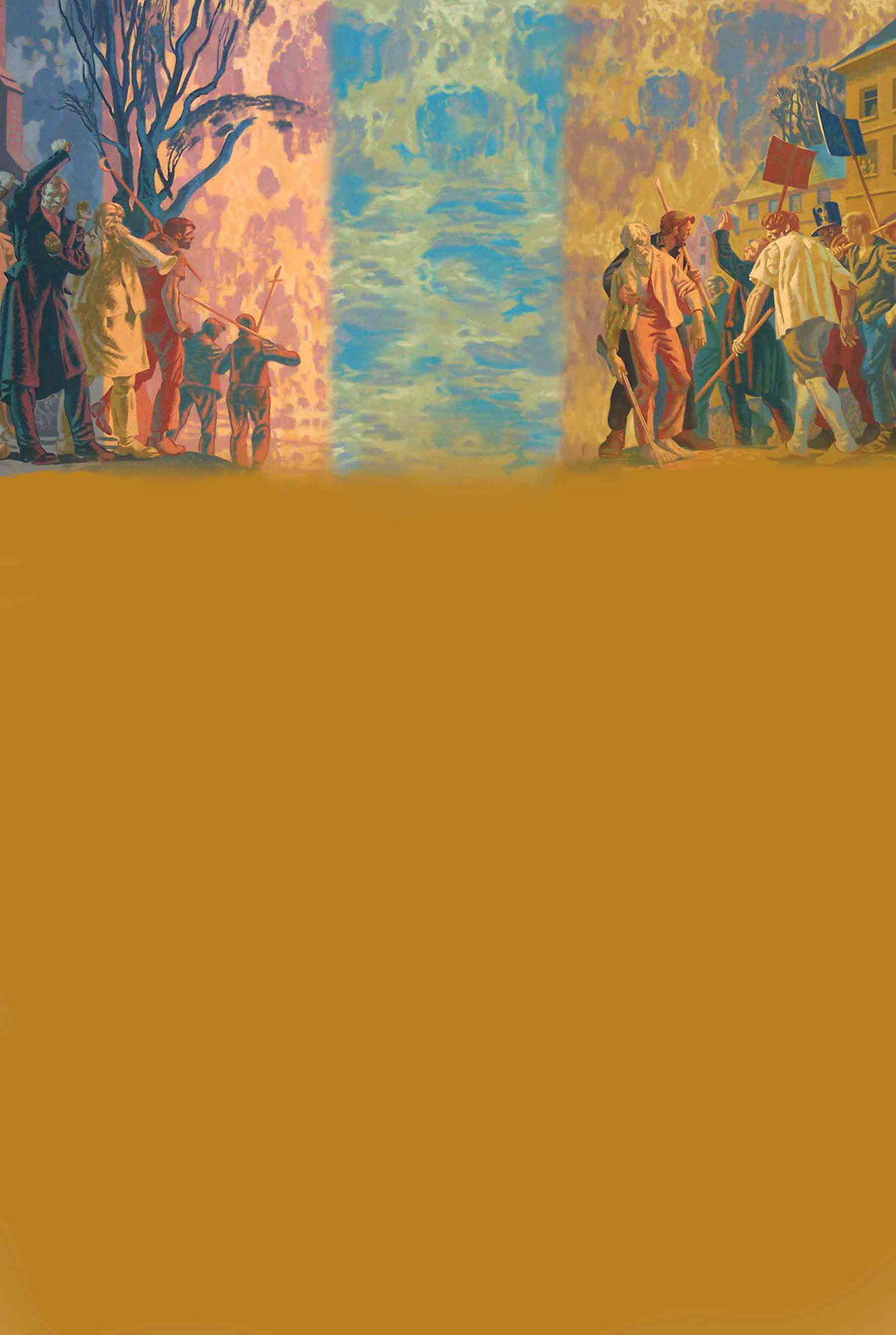
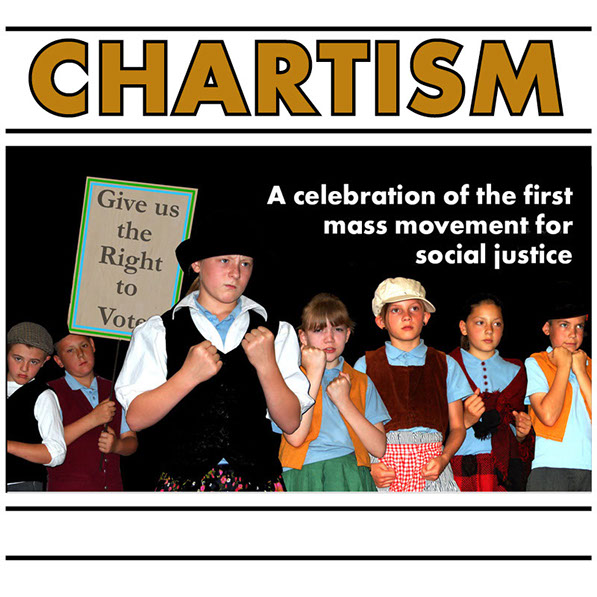





When the Chartists began to organise in the early years of Queen Victoria's reign, the coal and iron resources of South Wales had made it the centre of the industrialised world. Landed wealth flowed into the region to exploit the natural resources and a huge urban population was formed. As the region developed, the wealth created by the miners and iron makers mostly flowed out of the region to London and the South East.
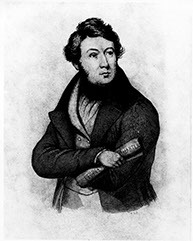 The population growth was mirrored by the increased gap between the rich and the poor. Disgraceful employment practices such a the Truck Shop system increased this disparity. Cramped housing with poor amenities, long hours and unsafe working conditions and the absence of democratic accountability fostered dissent amongst the working poor. Organisations were formed to debate and challenge the inequality.
The population growth was mirrored by the increased gap between the rich and the poor. Disgraceful employment practices such a the Truck Shop system increased this disparity. Cramped housing with poor amenities, long hours and unsafe working conditions and the absence of democratic accountability fostered dissent amongst the working poor. Organisations were formed to debate and challenge the inequality.
One of the most successful was the Chartist movement that attracted some of the era's great thinkers and reformers to its cause and consolidated the widespread opposition throughout the UK into a fairly coherent grouping. The result was a six point Charter for reform of the political system that would allow representation from all parts of society. This was rejected by Parliament In 1839 and many Chartists were arrested for sedition. In the same year a popular rising in South Wales led to a march on the Westgate Hotel in Newport where it was believed that Chartist prisoners were held. The result was the death of at least 22 Chartists when soldiers fired into the crowd.
The Newport rising and the persecution that followed it signalled the end of the movement as an overt political force but the energy of the members was diverted to other forms of action such as the Co-operative movement and trade unions. The spirit of Chartism however did not die and for many decades in South Wales and in other parts of the United Kingdom the struggles of the Victorian workers and memories of the fallen have stimulated debate and celebration. This has led to many avenues of research into the lives of the Chartists. Many people have traced their own ancestors back to members of the movement.
For a number of years in Newport, Primary schools have marched the same route down Stow Hill to the Westgate Hotel and performed plays and songs and recited poems. In other parts of Gwent similar activities take place and an annual songs and poems night takes place in Newport. A well supported Annual Convention takes place in Newport in November.
In recent years, Our Chartist Heritage has become the main vehicle for events related to Chartism. Their spin off organisation "Newport Rising" has breathed life and creativity into the movement for a new generation.
About The Chartists


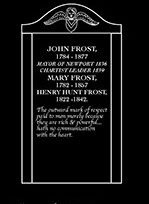
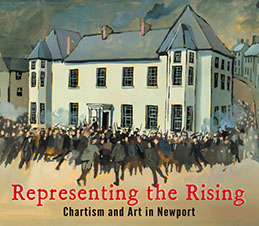
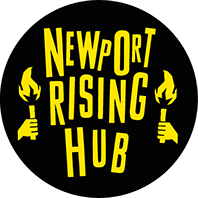
190 Commercial Street Newport




